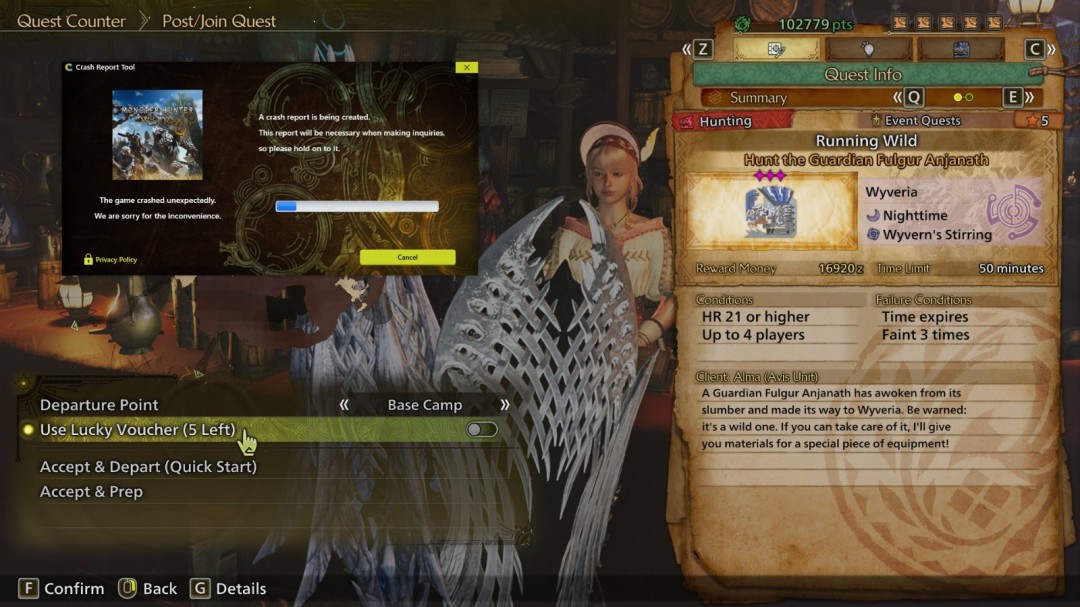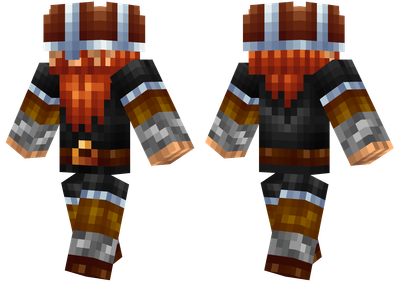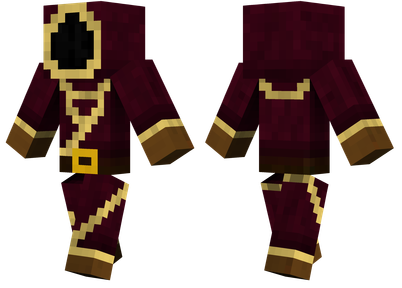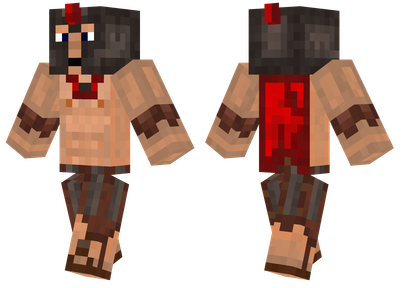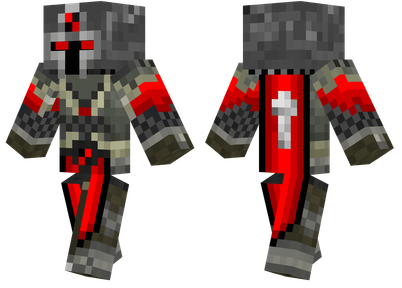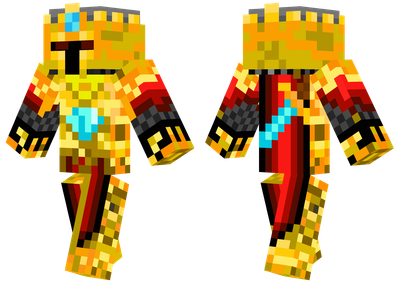Recently, the official customer service of "Monster Hunter: Wilderness" released a message saying that after receiving feedback from users, after updating the latest patch, the CPU load increased because the shader compilation occurred during play rather than when the game was started, and the performance could stabilize only after the shader compilation was completed.

In response to this problem, the official solution is to delete the shader cache file.

A card user
Right-click your desktop and open AMD software: Adrenalin Edition
Go to Global Game Experience under "Game", and then perform "Reset Shader Cache".
Press the Windows key and start disk cleaning.
Select your C drive, then continue to click OK and check the "DirectX Shader Cache" check box to delete the file
Delete the "shader.cache" and "shader.cache2" files located in the MonsterHunterWilds.exe folder.
Note: If you don't have any "shader.cache" or "shader.cache2" files, you can skip this step.
N card users
Right-click on your desktop and open the NVIDIA Control Panel.
Under Manage 3D Settings Go to Global Settings and disable Shader Cache Size.
Press the Windows key and start disk cleaning.
Select your C drive, then continue to click OK and check the "DirectX Shader Cache" check box to delete the file
Delete the "shader.cache" and "shader.cache2" files located in the MonsterHunterWilds.exe folder.
Note: If you don't have any "shader.cache" or "shader.cache2" files, you can skip this step.
Note: N card users restore the settings in step 2 after deleting the shader cache.Restore settings from [Manage 3D Settings], select the [Global Settings] tab, and change [Shader Cache Size] back to your original selection..The default setting is "Driver Default".
For this method, there is no use for foreign reactions:

